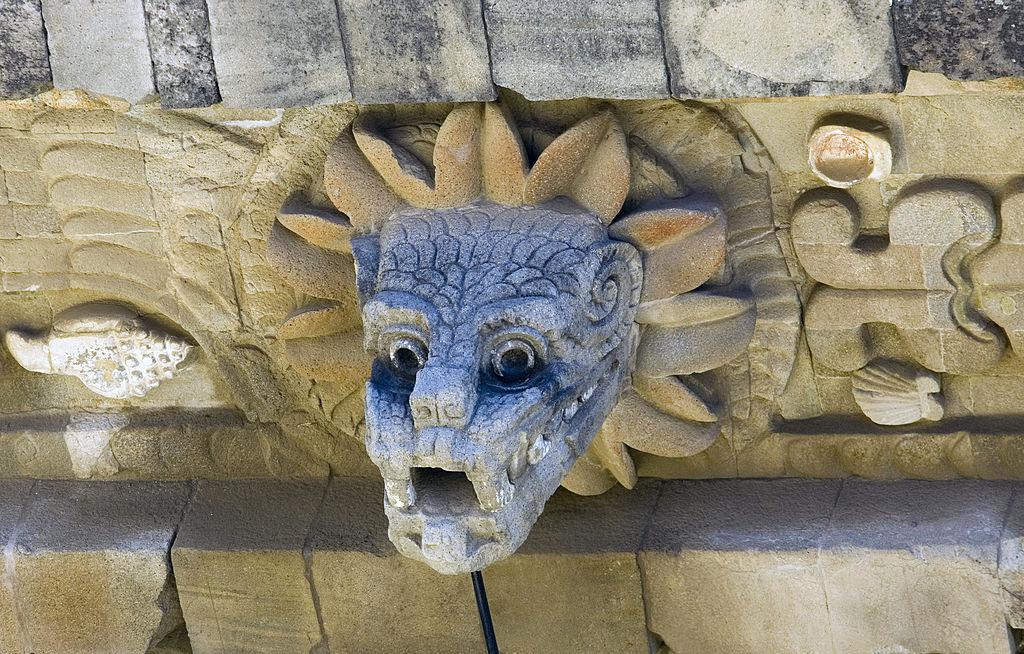Three San Diego parents have teamed up with a watchdog group to sue the State of California over its ethnic studies program for allegedly violating their constitutional right to freedom of religion.
The Californians for Equal Rights Foundation (CFER) and parents Eric Gonzales, Steve Houbeck, and Jose Velazquez filed a lawsuit on Sept. 3 against the state government and its agencies the State Board of Education and the State Department of Education. State Superintendent of Public Instruction Tony Thurmond was also named in the suit.





